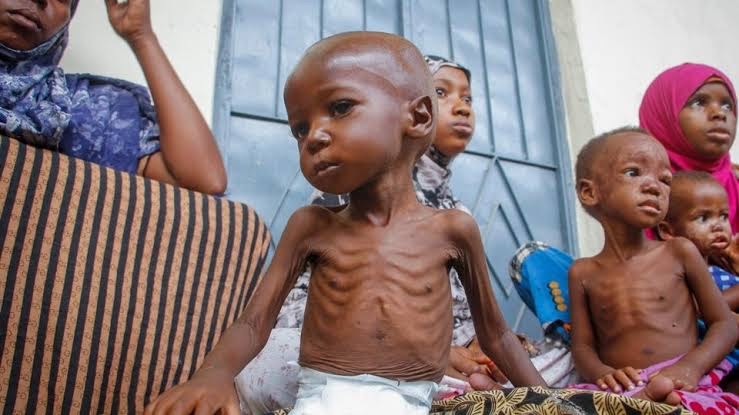In its recently released "State of the World's Children 2023" report, the UN Children's Fund (UNICEF) has highlighted the significant impact of the COVID-19 pandemic on routine immunisation for children worldwide. According to the report, approximately 67 million children missed out entirely or partially on routine immunisation between 2019 and 2021 due to the disruptions caused by the pandemic.
The report reveals that vaccination coverage experienced a sharp decline during the pandemic, leaving millions of children vulnerable to serious childhood diseases. The setback caused by the pandemic pushed immunisation levels back to those last seen in 2008, undoing over a decade of progress in ensuring adequate immunisation for every child.
During the two-year period, the number of children receiving zero doses of vaccines rose from 13 million to 18 million globally, marking an increase of more than a third. Additionally, there was a significant increase in the number of under-vaccinated children, which rose by six million to reach 25 million.
The decline in immunisation rates can be attributed to various factors related to the pandemic, including lockdowns and disruptions in healthcare services. The report also emphasizes long-standing issues, such as the weakness of primary healthcare systems, which have hindered efforts to vaccinate every child effectively.
The strain on healthcare systems and overworked health workers, especially women, has contributed to the decline in immunisation rates. Furthermore, confusing communication to parents about vaccination has played a role in the reduced coverage.
The pandemic's impact on primary healthcare and health systems has been a significant contributing factor. Previous crises have shown that countries with weak healthcare systems are particularly vulnerable to the effects of conflicts, disease outbreaks, and natural disasters. The COVID-19 pandemic forced many health systems to divert limited resources away from routine care, including immunisation.
A survey conducted by the World Health Organization (WHO) revealed that, by the end of 2021, nearly half of the 72 countries surveyed reported disruptions in routine vaccination programmes due to the need to address the pandemic.
Unlike routine immunisation, vaccination campaigns, which typically target large-scale vaccination efforts in a short period, were severely interrupted by the pandemic.
The UNICEF report emphasizes the urgent need to reach children who have missed out on vaccination due to the pandemic and other factors, including conflicts. It calls for intensified catch-up initiatives that identify and locate zero-dose and under-vaccinated children, as well as underserved communities. Specific plans and strategies must be developed to ensure that catch-up initiatives reach the communities and children with the greatest needs.
However, catch-up efforts alone are insufficient. The report recommends that countries where immunisation services are recovering slowly must prioritize full restoration to pre-pandemic levels as quickly as possible.
Despite the challenges brought by the pandemic, the report highlights the opportunity to capitalize on the changes in the vaccine landscape. It emphasizes the importance of political will and leadership in mobilizing vast resources and rapidly developing and introducing new vaccines worldwide.
The UNICEF report serves as a call to action for global communities to prioritize childhood immunisation, learn from the lessons of the pandemic, and work together to ensure that every child receives the necessary vaccinations for a healthy future.
(NAN)



